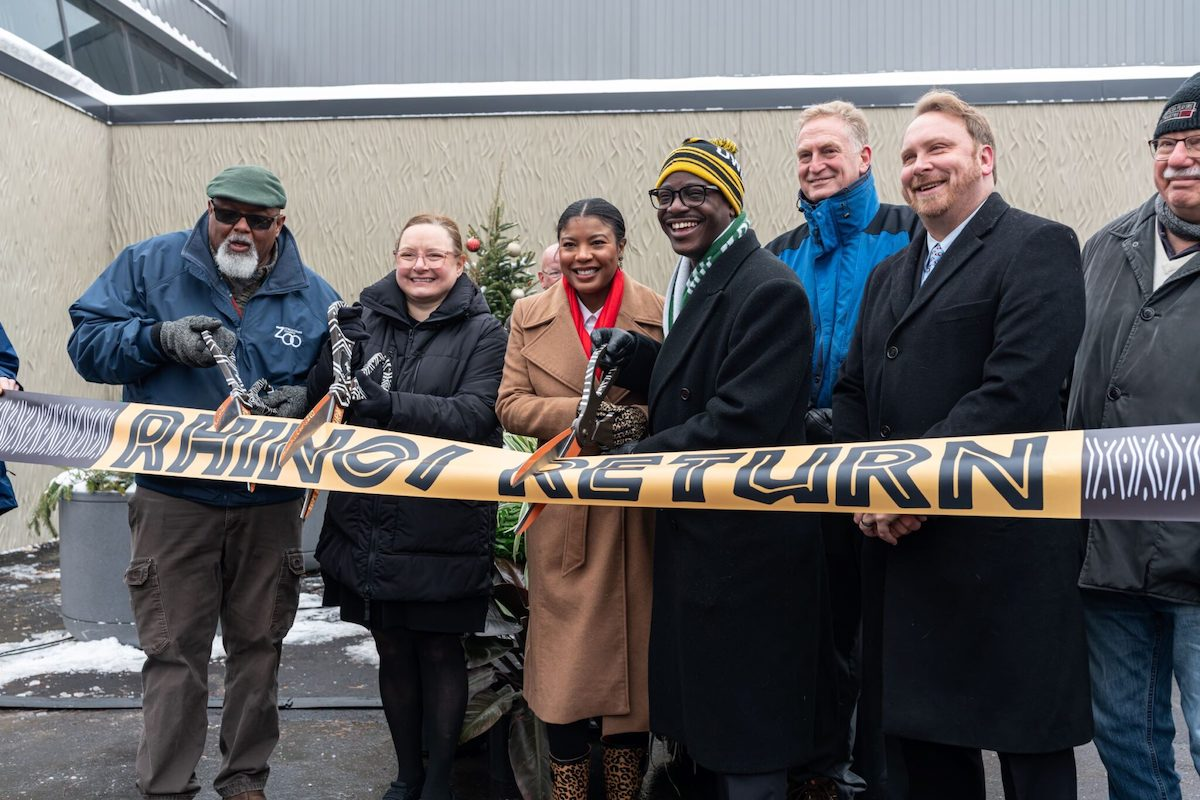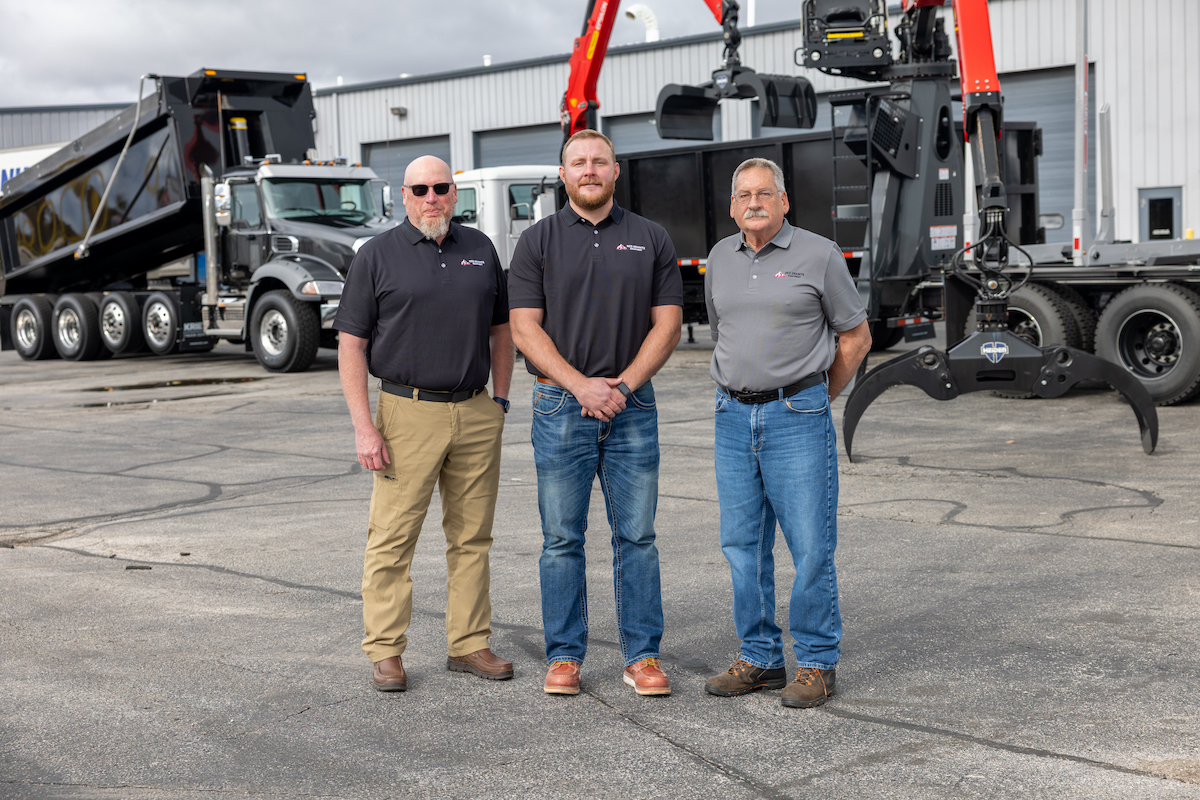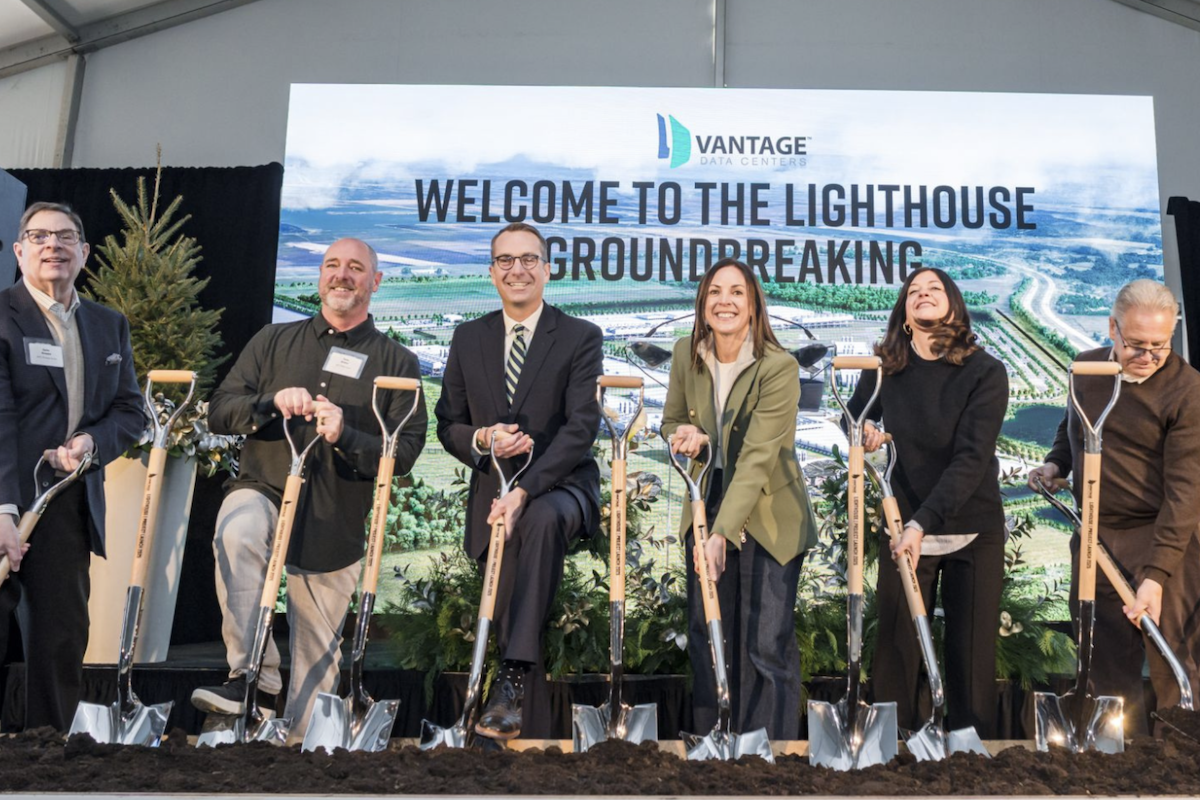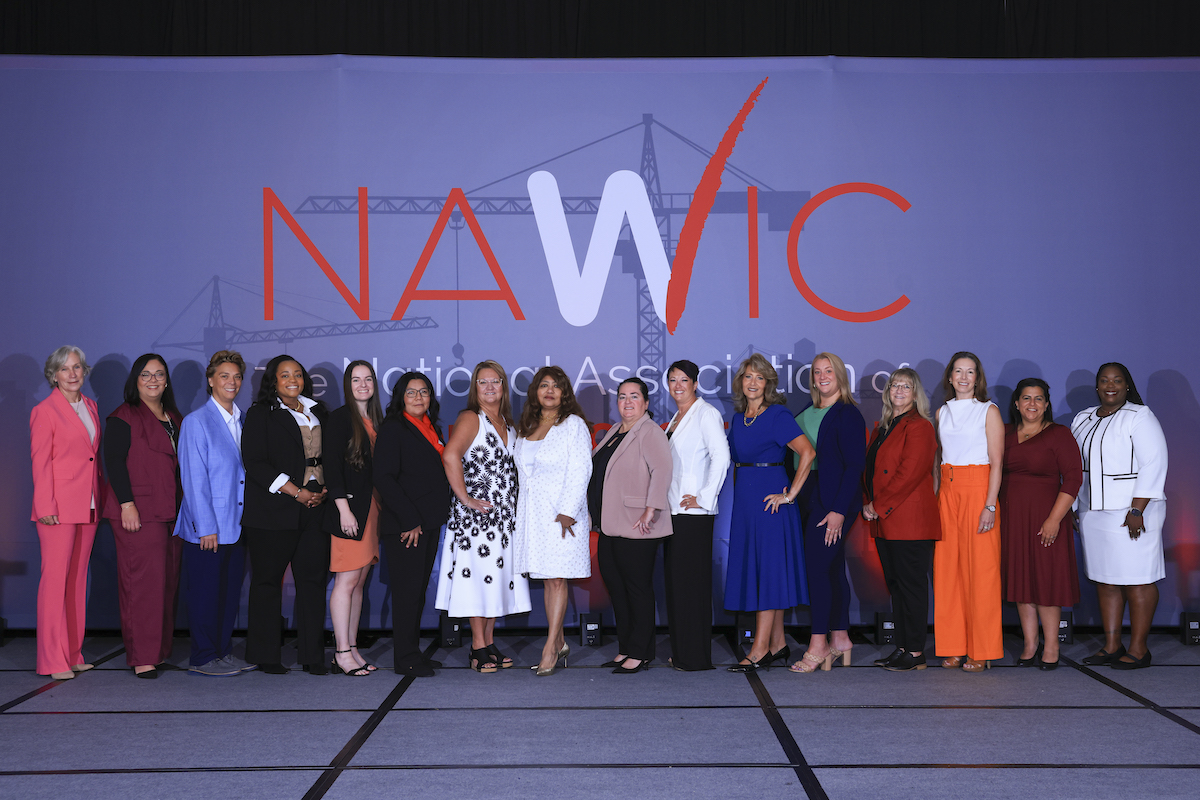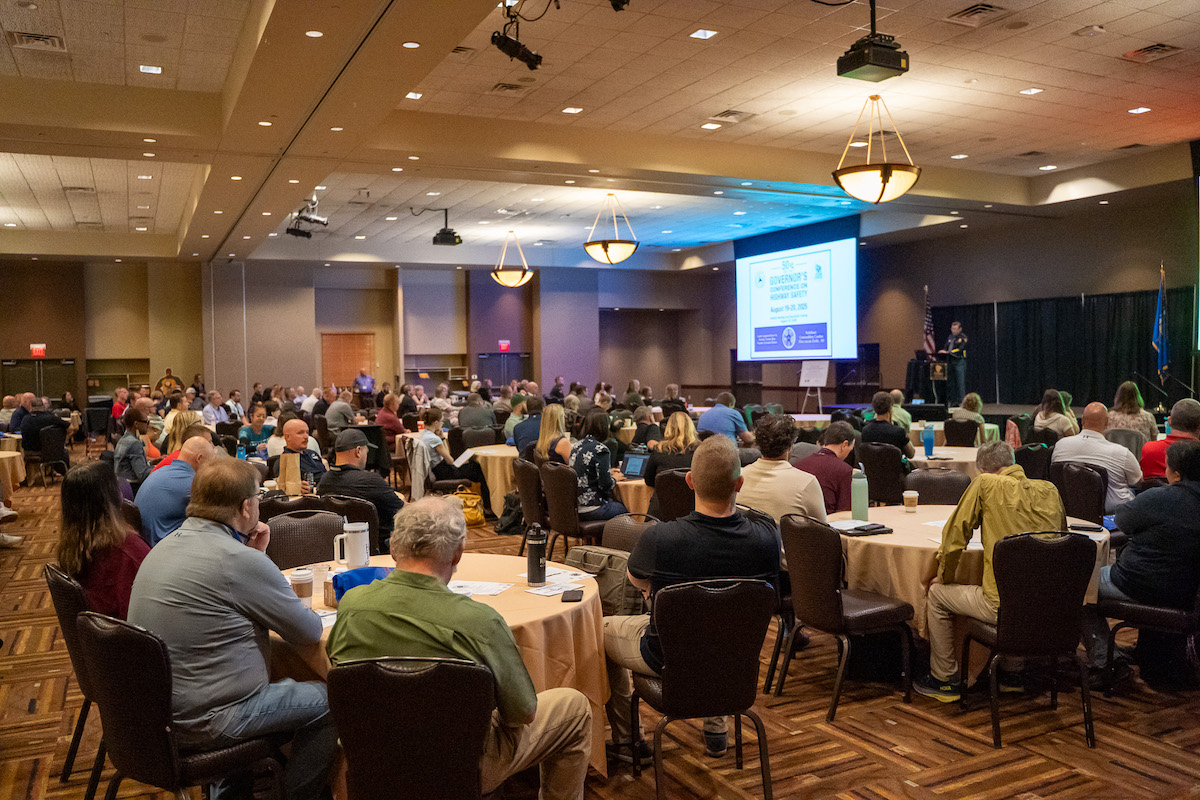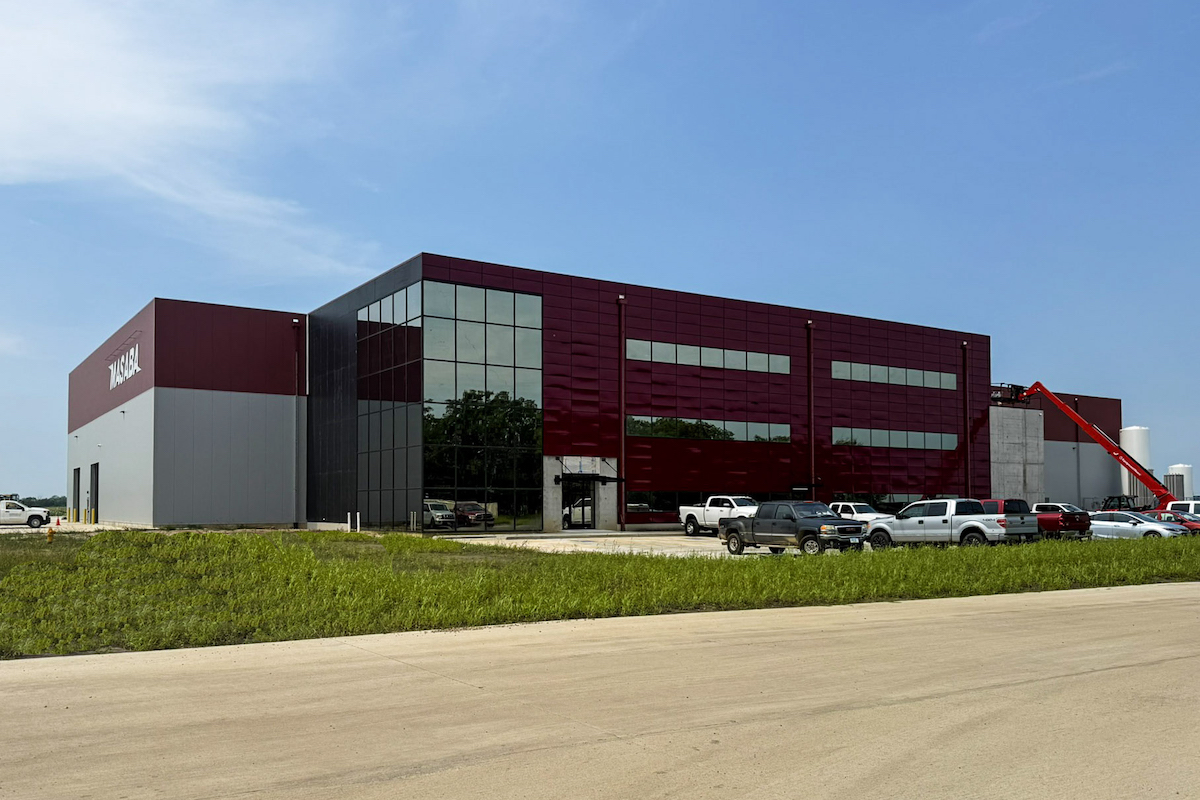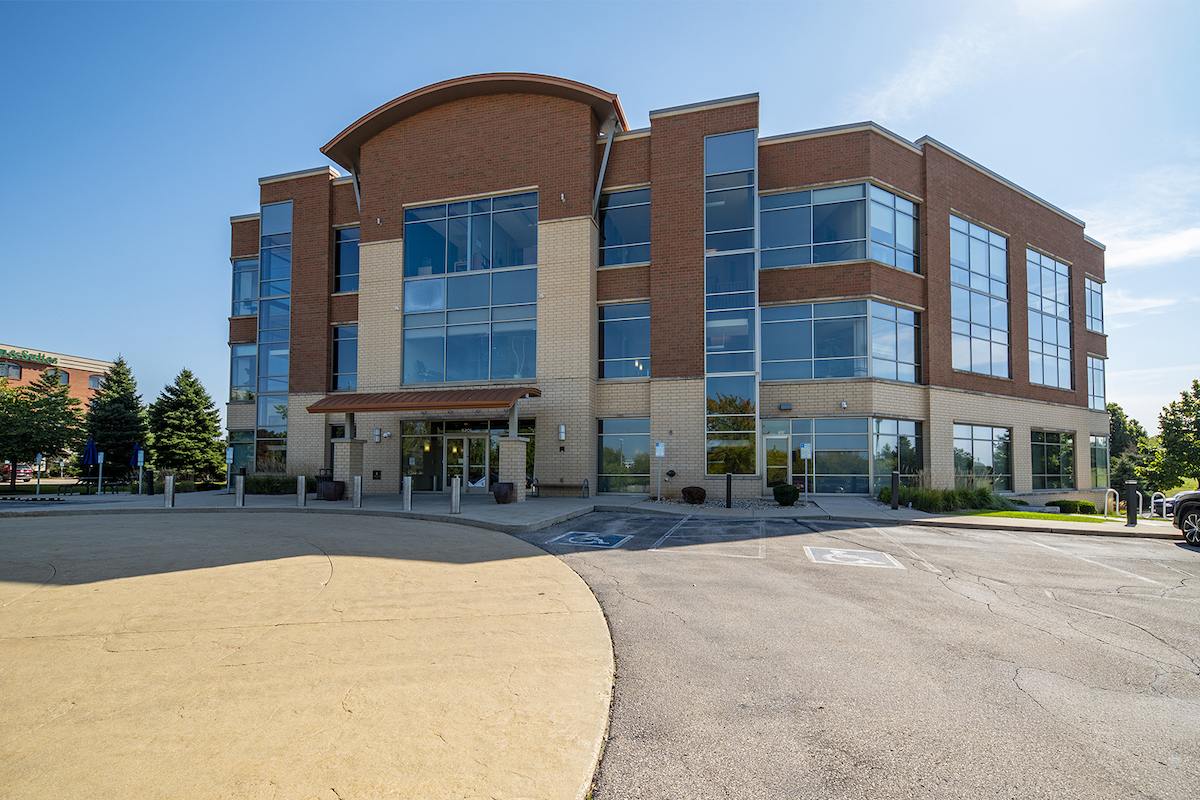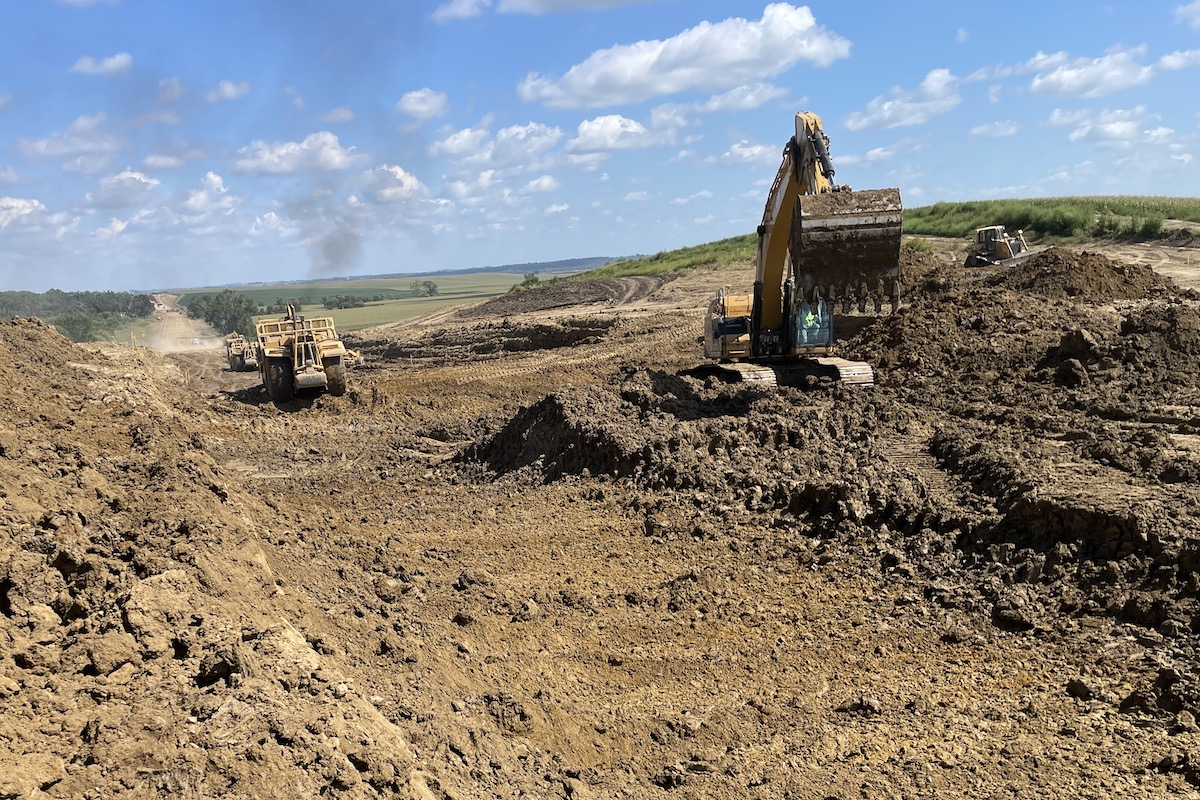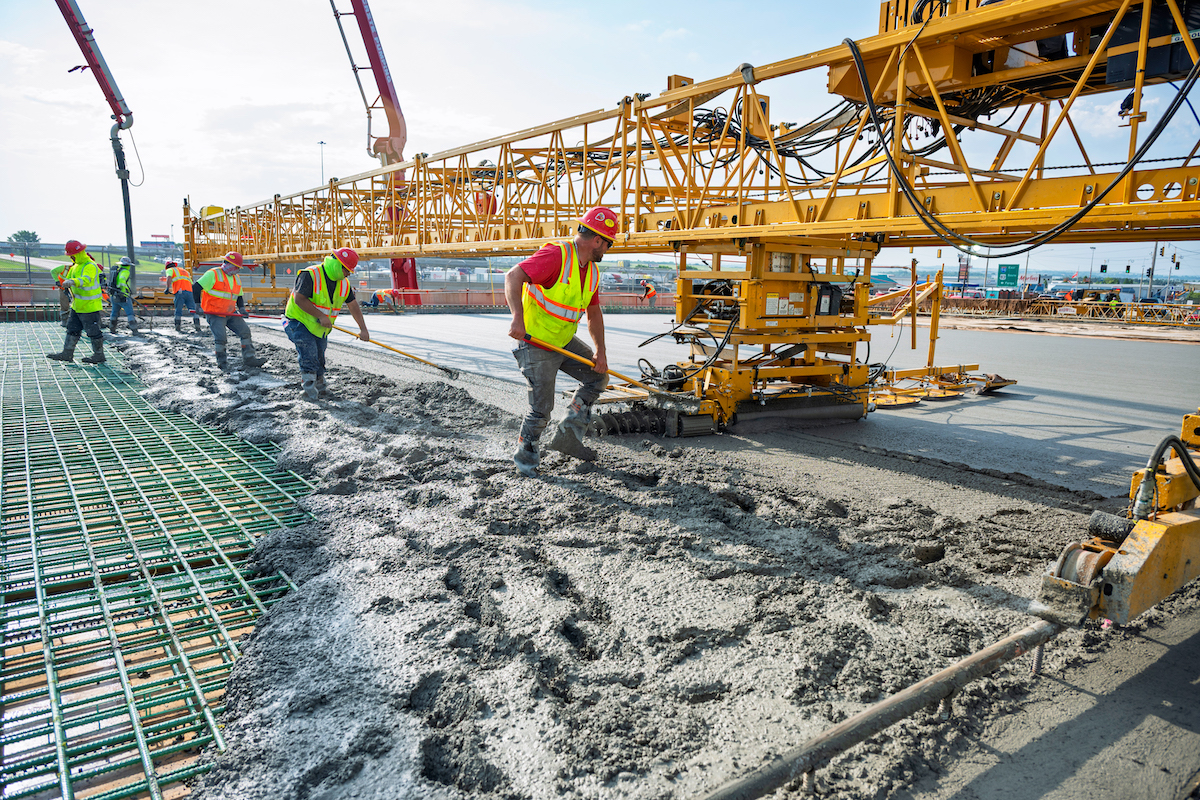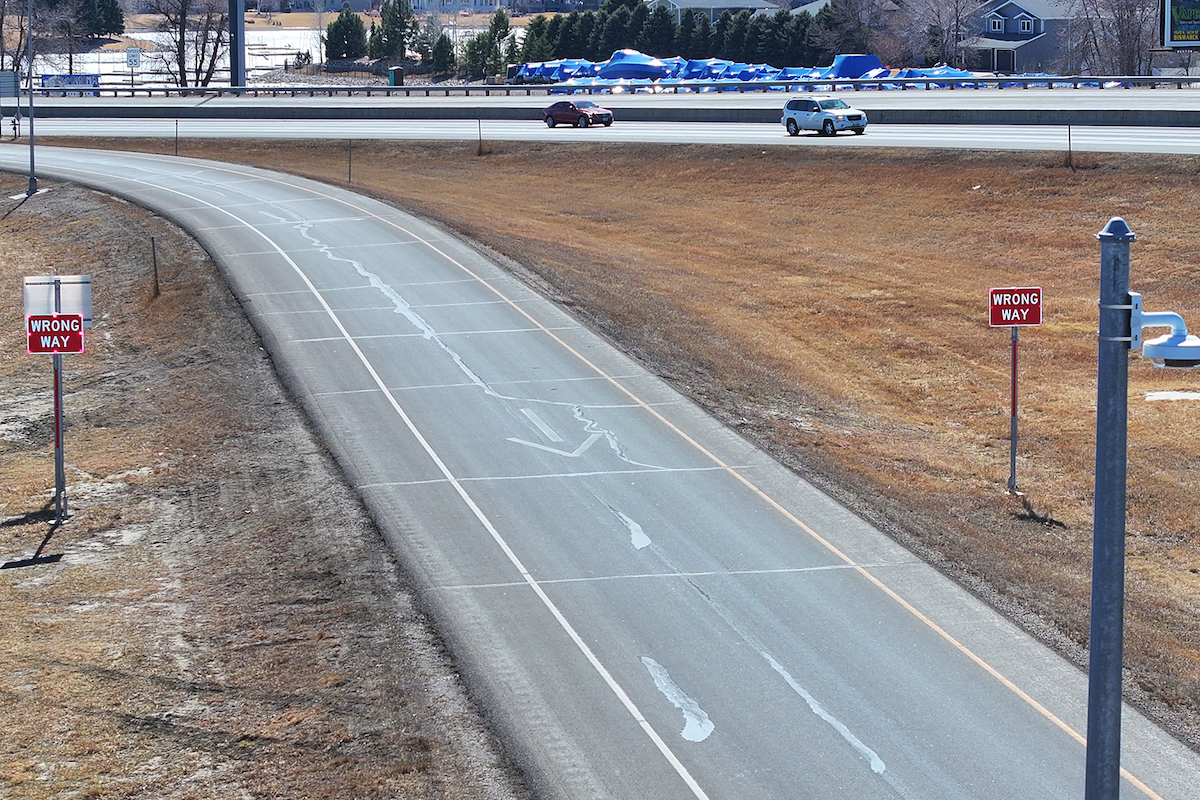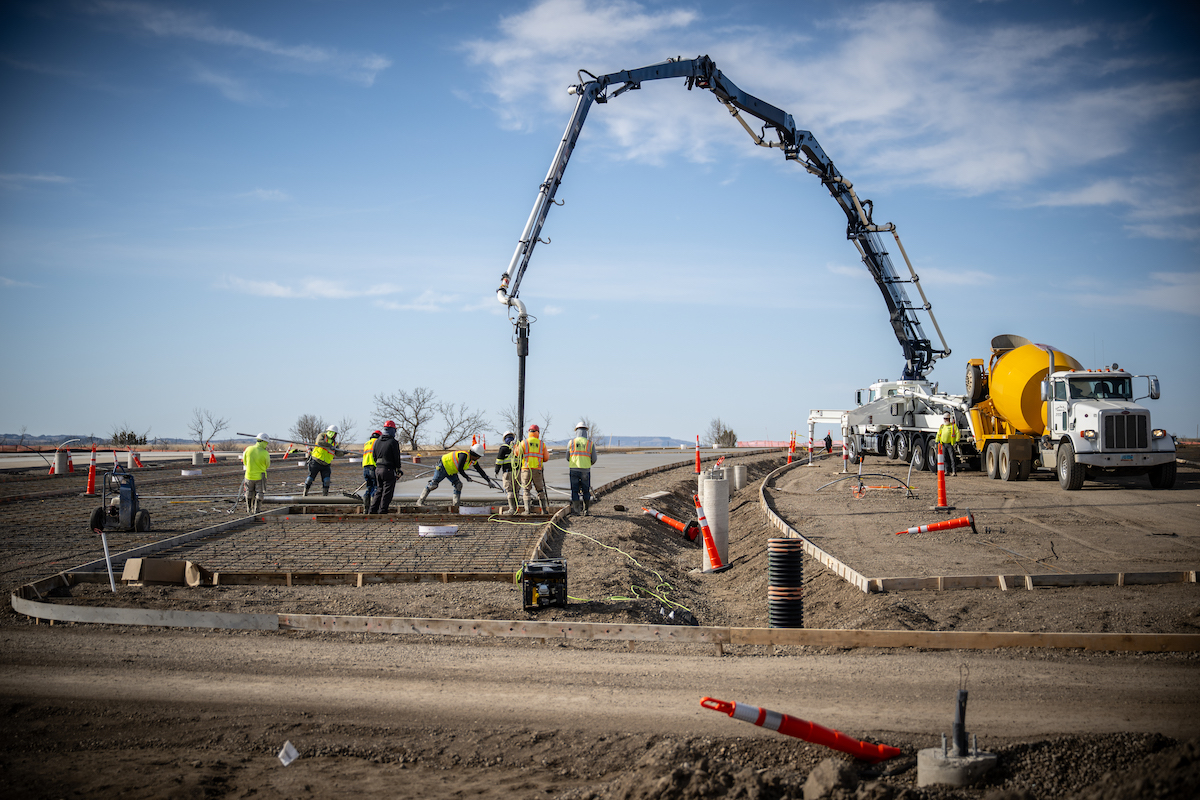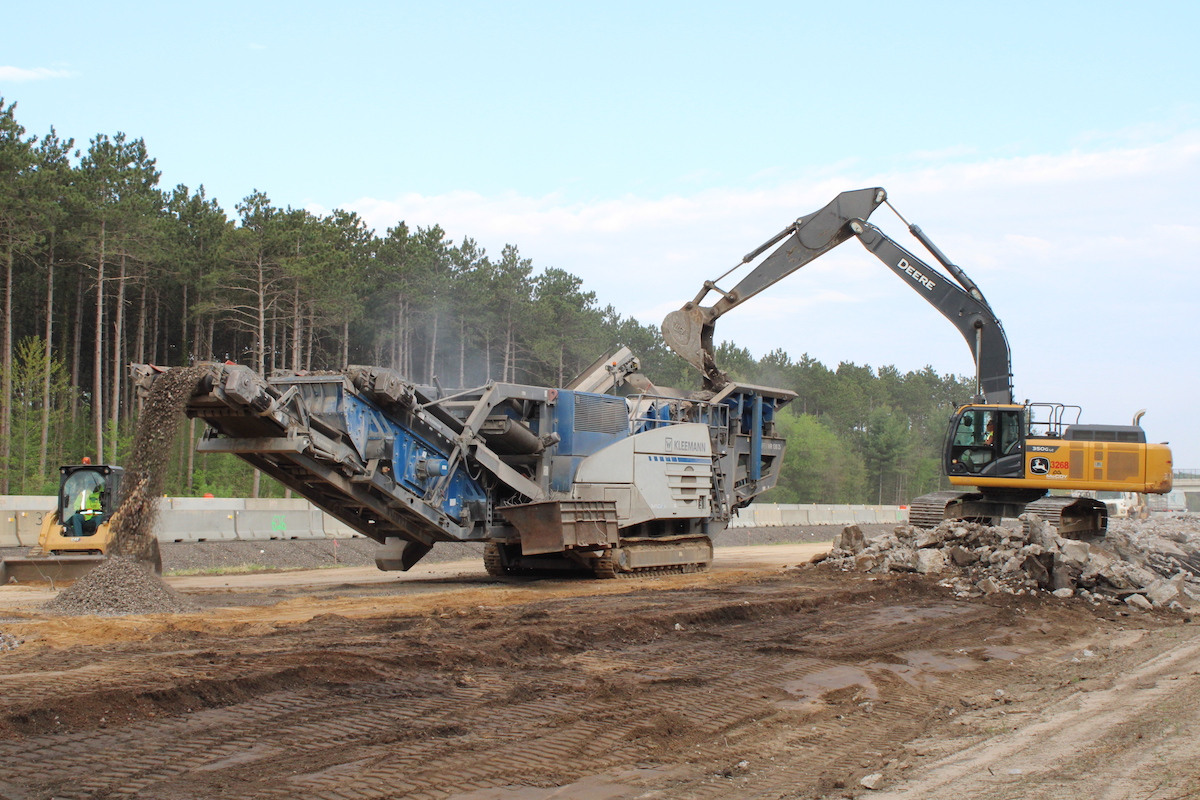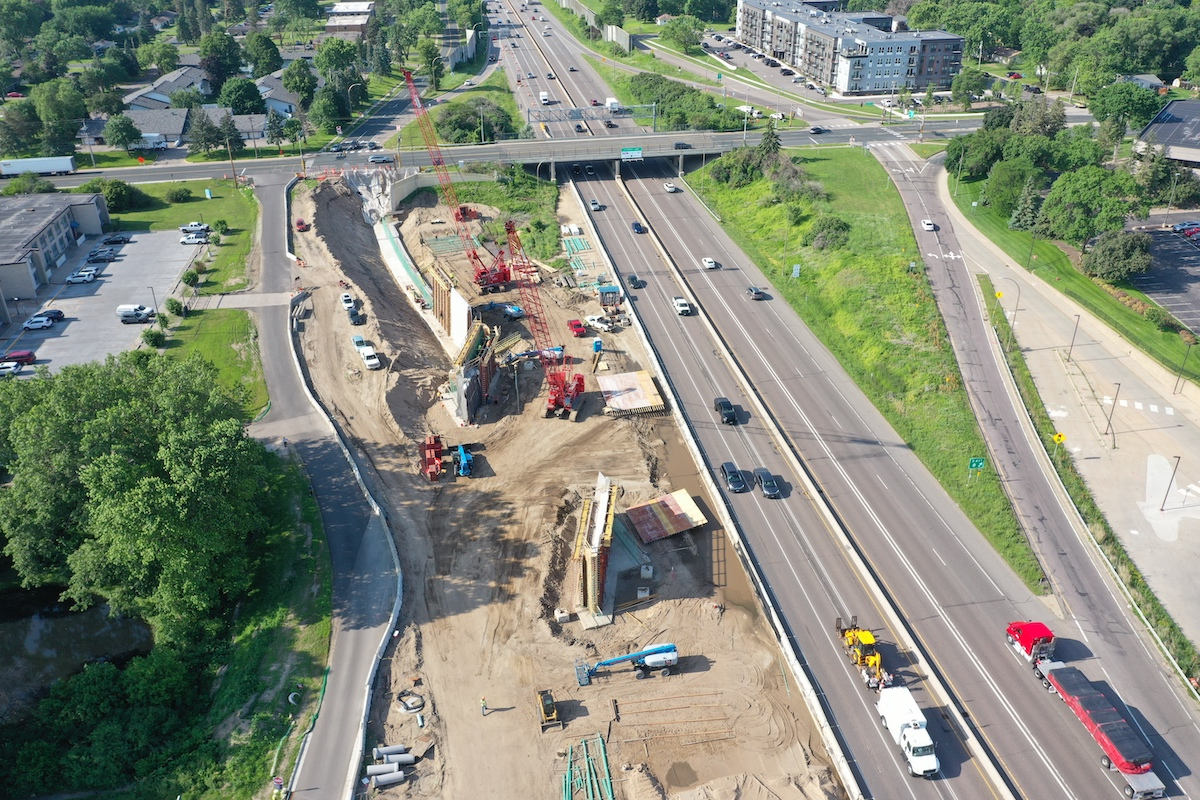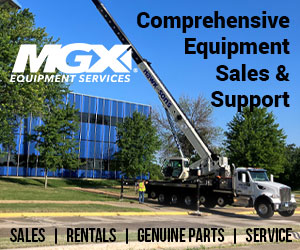The companies who actually execute work are called contractors for a reason: The contract is at the core of our business. Yet contracts are not only unclear, but they can contain big risks that can impact the success of a construction project. Thankfully, emerging technologies are helping contractors streamline and derisk their contract reviews and negotiations, while also enabling new levels of compliance and success at the project level.
More specifically, common causes of changes in cost/time for performance arise from things like project delays, material price increases, and budget overruns, all of which can lead to disputes. Arcadis’ 13th Annual Construction Disputes Report revealed that contract errors led the list of reasons for construction disputes in 2022. The average value of disputes rose to $42.8 million in 2022, emphasizing the growing necessity for effective risk review and better project team understanding of the contract.
AI technology enables standardized review workflows set to your requirements. The benefit is that a company may be able to decipher large portions of a contract without the need for experts looking at every single detail. Imagine only needing to bubble up critical risks to the legal team, allowing their (expensive!) time to focus on high-value legal work, all while allowing the business more control – and less time needed – to get through a contract.
AI's ability to recognize recurring issues can prompt construction companies to modify their practices, minimizing the likelihood of contract disputes. Perfecting contract details at the outset is the key to steering clear of potential hurdles further down the road. A carefully crafted construction contract encompasses a well-defined scope and unambiguous terms, but it is also imperative that the whole team (and not just a few specialists) actually understands how to administrate and perform under these terms.

| Your local Komatsu America Corp dealer |
|---|
| Road Machinery and Supplies Company |
The project team is responsible for ensuring contract compliance across various aspects of the project workflow. This includes managing changes, handling payments, obtaining and executing lien waivers, and issuing necessary notices. Each of these processes requires a thorough understanding of the contractual obligations.
Failing to comply with these requirements can have serious consequences. Disagreements between parties often arise when there is a lack of adherence to the contract terms. These disputes can lead to delays, financial losses, and damaged relationships. Therefore, it’s paramount for team members to fully comprehend and embrace the guidelines that govern the project. It’s typically during moments of disagreement between parties that we uncover the true significance of adhering to the agreed-upon terms. It’s the equivalent of having a great hand in poker - when it’s time to put your cards on the table, having a clean record of contract compliance and entitlement is a major point of leverage. This is how projects protect entitlements and keep disputes from arising.
By prioritizing contract compliance, project teams can mitigate risks and protect their own interests while fostering a collaborative environment for successful project execution. AI is here to help ensure project teams have the information they need to support that compliance.
We should look at AI not as a replacement for legal expertise, but as a powerful ally in deciphering and navigating construction needs of the future. This technology can level the playing field and allow more of us to have agency in this all-important process.
In 2024, contracts should cover profit-impacting terms, safeguard against material price escalation, establish robust force clauses, detail delay frameworks, and provide a comprehensive decision framework for project teams. Simplifying these complex documents and swiftly knowing where you are (and aren’t) covered before you sign is fundamental to making good deals for your organization.
The same goes for all project teams. It’s no longer an excuse to say that “the contract is some black box.” We can all understand these things now. From general contractors to specialty contractors, legal teams to project teams, technology offers a streamlined resource that empowers stakeholders across the entire project lifecycle, bringing contract intelligence to everyone.
Josh Levy currently serves as the CEO of Document Crunch, a contract intelligence platform for the construction industry. With a strong leadership background and expertise in construction law, Josh co-founded Document Crunch to bring his extensive experience to the field. Under Josh’s leadership, Document Crunch is on a mission to empower everyone in the construction industry to know what’s in their contracts. Learn more at www.documentcrunch.com.














